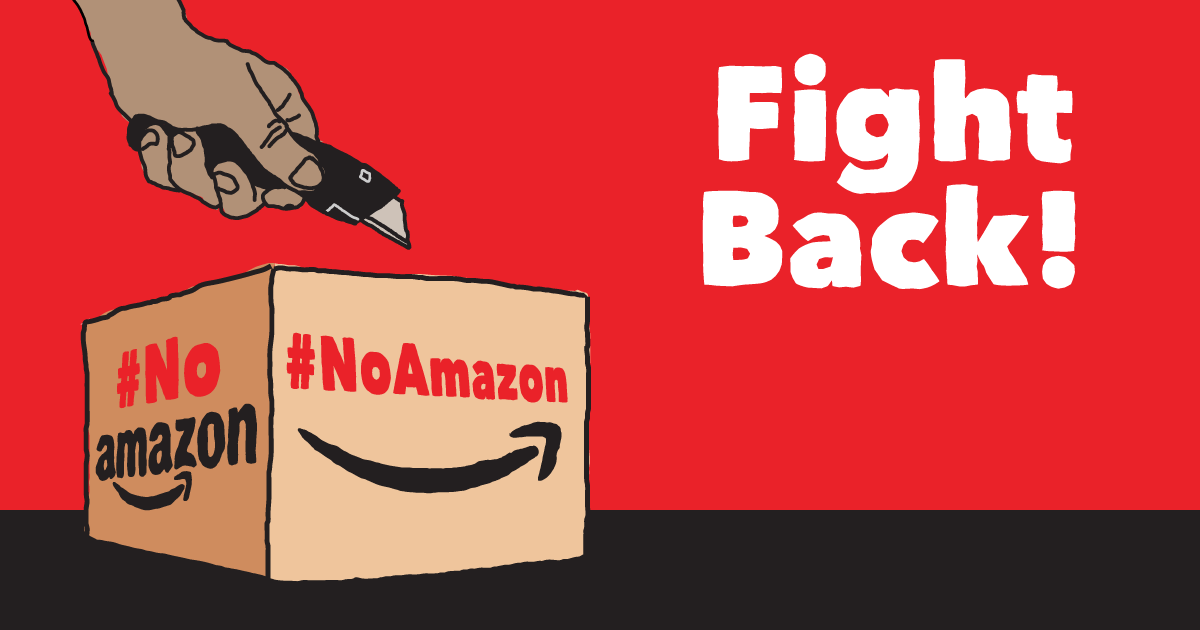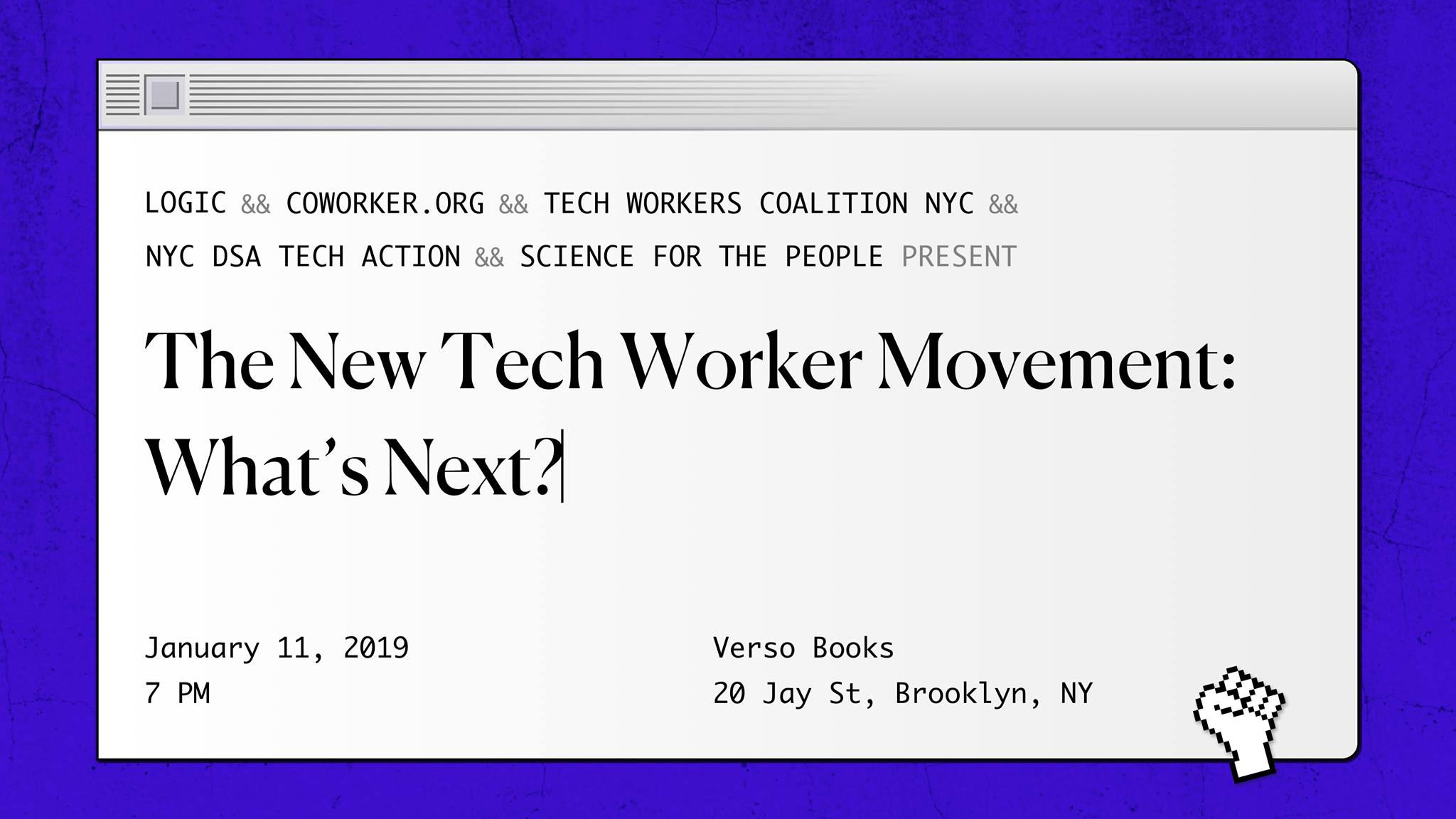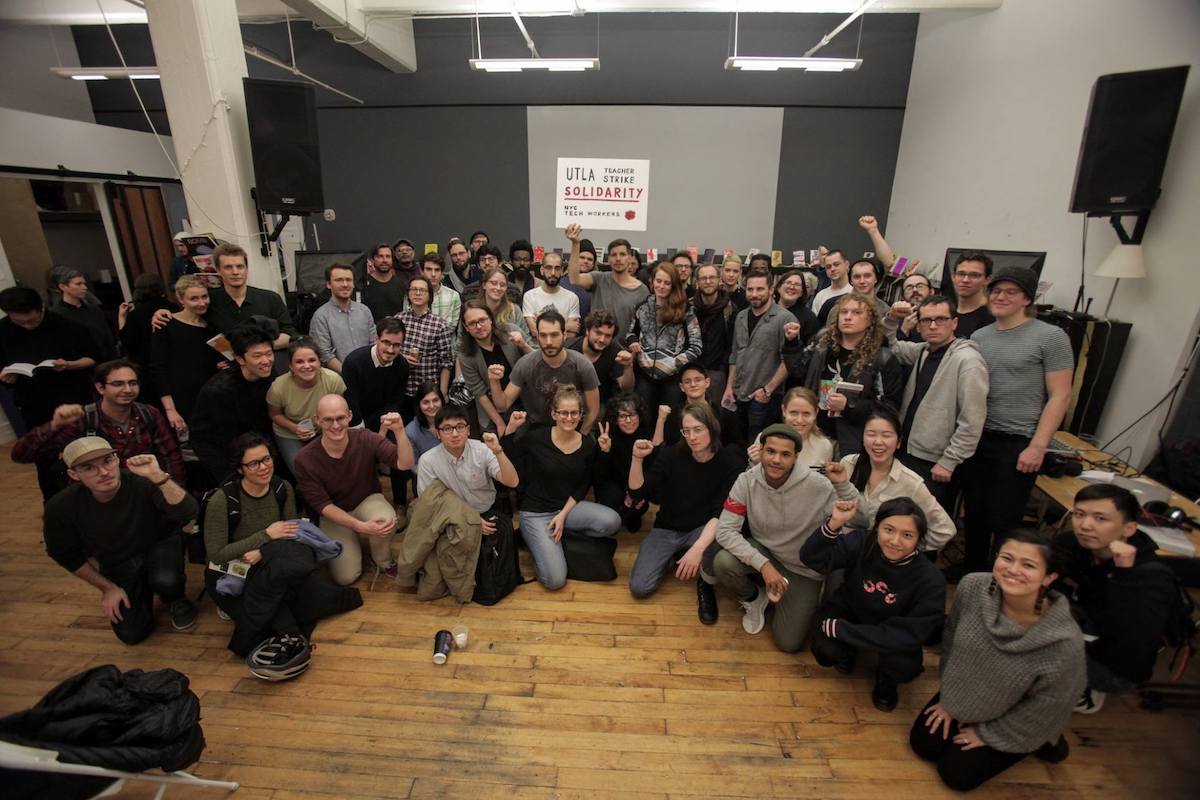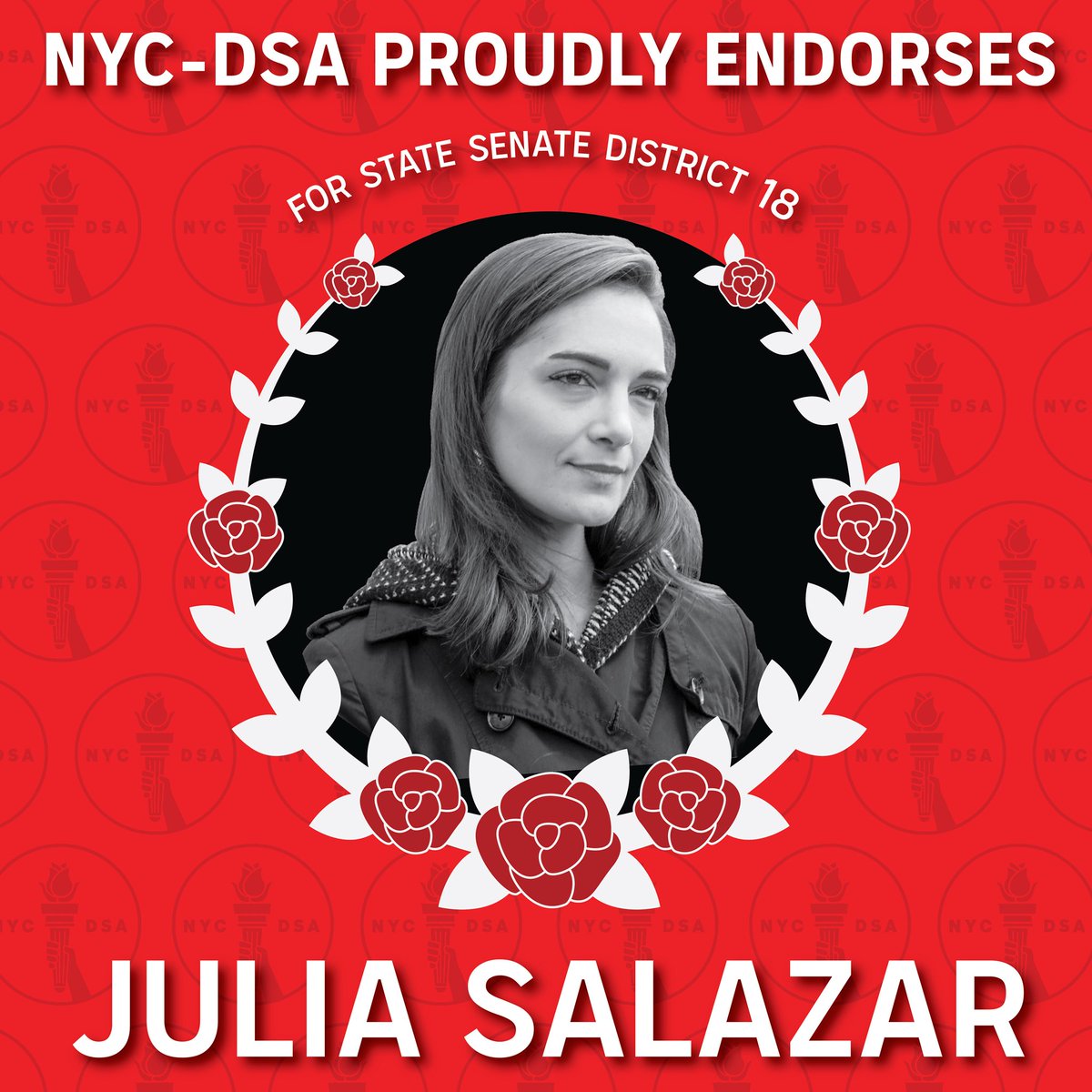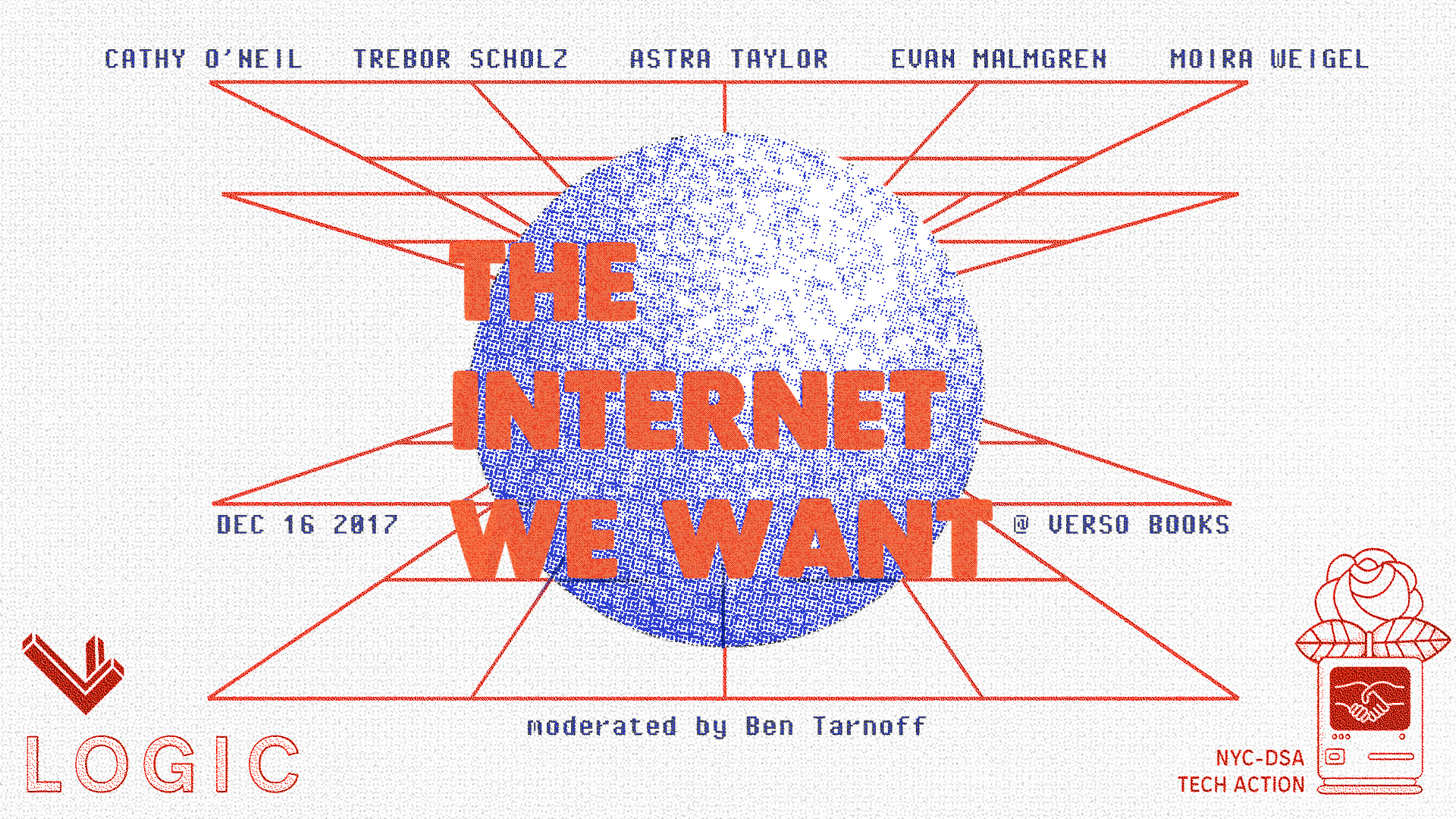Letter: Moratorium on Generative AI in NYC Public Schools
The following letter was signed by NYC-DSA Tech Action OC in recognition of the numerous harms of Generative AI, and standing in opposition to the forced insertion of LLM-based chatbots across the NYC public school system. Not only do these tools lay waste to our environment, they obstruct the critical thinking capacities of those who lean on them, while outputting synthetic text rife with biases along racial, ethnic, and gender lines, and stigmas towards mental health conditions that have driven youth to self-harm. By instructing our city’s K-12 students to rely on these tools, we risk enabling cascading consequences of harm, whose full magnitude of danger we hope to never fully realize. We proudly join our colleagues in calling for a moratorium on Generative AI in our city’s public schools.
Memo for Mamdani Transition Team:
We Need a Moratorium on Generative AI in NYC Public Schools
What: Education advocates, parents, and climate organizations support a two-year moratorium on generative AI use in NYC public schools. This moratorium would prevent new DOE contracts for products or curricula that use AI and hit pause on current use of student-facing or student data mining AI products, including those that are embedded in curricula. A moratorium would allow the DOE to establish rigorous processes for responsibly assessing the risks and impacts of AI on student learning, privacy, and the environment, before introducing them in classrooms and schools.
Why:
- AI undermines children’s ability to learn. AI use in schools has a negative impact on students’ cognitive skills, critical thinking, and creativity. It undermines the relationship between teachers and students, which is at the center of how students learn. The RAND Corporation’s report on AI in K-12 contexts finds no teaching and learning gains from AI use. In fact, there is increasing evidence that AI use in educational contexts rewires your brain. An MIT team found a significant decrease in brain activity among students asked to write an essay using AI. Research suggests that students do worse when “taught” by AI instead of human teachers. There is also racial, ethnic, and gender bias built into AI models, which influences the feedback students are given and the material they are exposed to. Finally, there is increasing evidence of the mental health toll of AI: children have formed “romantic relationships” with chatbots, and several tech companies are being sued because their platforms coached children into dying by suicide.
- AI invades our students’ privacy and puts them at risk of surveillance. AI use in schools undermines student privacy, as most AI-enabled programs data-mine, meaning they collect and process personal information for commercial purposes and product improvement, which violates the New York student privacy law Ed Law 2D. Currently, parents have no means of knowing how their children’s sensitive biometric data is being used by AI companies like Amira, which collects student voices. The State Education Department has issued guidance that schools should not allow the collection of biometric data without parent input, but Amira is widely used without any such input.
- AI undermines a “Green and Healthy Schools” agenda and our city’s climate goals. AI is driving fossil fuel expansion and thus fueling climate collapse; MIT researchers estimate that “by 2026, the electricity consumption of data centers will rival that of whole countries like Japan or Russia.” AI data centers are also consuming our drinking water at a moment when climate change is leading to more frequent droughts. NYC children, particularly students of color, unhoused students, and low-income students, already face harms from fossil fuels, including air pollution, flooding, and extreme heat. All of these negatively impact their ability to thrive and learn. If large consumers like NYC public schools continue to fuel AI data center growth, our children will face more catastrophic disasters, famine and mass displacement.
- AI use in schools undermines an affordability and worker-first agenda. Data center expansion is driving up electricity prices for working New Yorkers. Meanwhile, the funds used for expensive contracts for ed-tech could instead be used to expand universal childcare, reduce class sizes, upgrade aging school buildings, or otherwise benefit students, educators and families.
An AI moratorium should be a top priority for the Mamdani administration in the first 100 days. The largest school system in the country should use its purchasing power and moral authority to protect children, not leave them subject to a surveillance experiment that will undermine learning and leave them a world on fire. There is overwhelming support for a moratorium from across the political spectrum: CECs are already passing resolutions supporting an AI moratorium, and parents and teachers have repeatedly made their voices heard against AI contracts at PEP meetings. The ban on cellphones in schools has been an overwhelming success—but it came ten years too late. Let’s not make the same mistake with AI.
Signed:
Parent Coalition for Student Privacy
Alliance for Quality Education
Parent Coalition for Student Privacy
Class Size Matters
The Circle Keepers
NYC Kids PAC
Zephyr Teachout, Law Professor, Fordham Law School
Kaliris Salas-Ramirez, PhD, Associate Professor at Robert Wood Johnson Medical School and President of Community Education Council 4
Liat Olenick MSEd, Climate Families NYC
Martina Meijer, MORE-UFT
Kelly Clancy, PhD, CEC-20, Parents for AI Caution
Oscar Romero, Educator
Kyle DeAngelis, 3rd Grade Teacher, UFT Chapter Leader, and Member of MORE-UFT
Alina Lewis, PhD, CEC-20, President of the Brooklyn School of Inquiry PTO
Mustafa Sullivan, Coalition for Educational Justice
Lauren Monaco, Early Childhood Educator, UFT Chapter Leader, and MORE-UFT member
